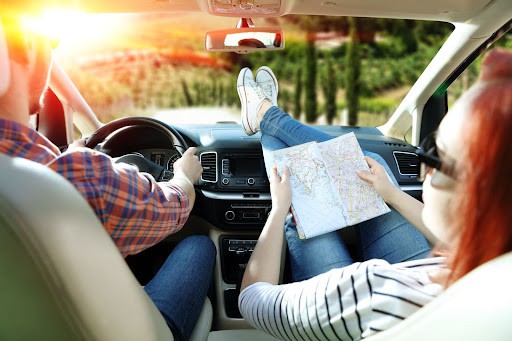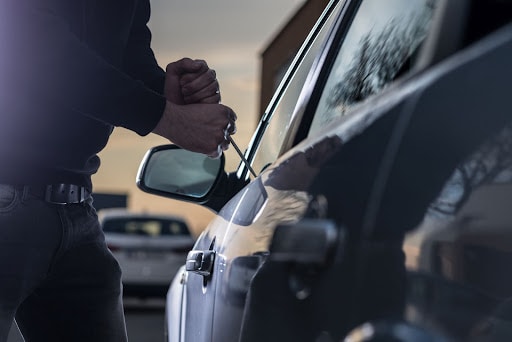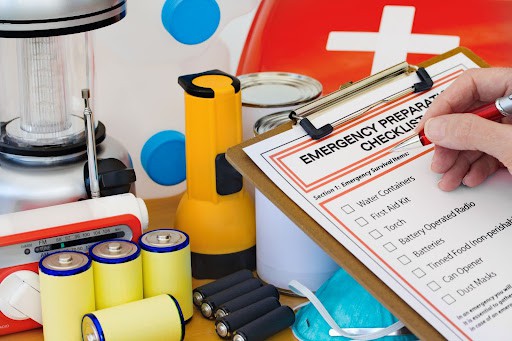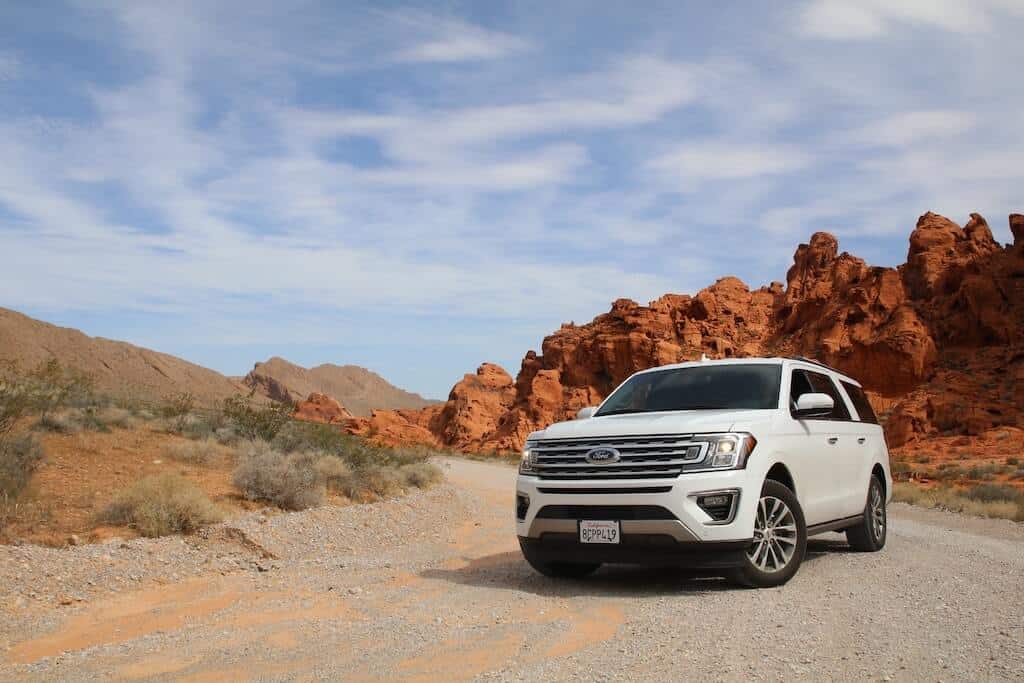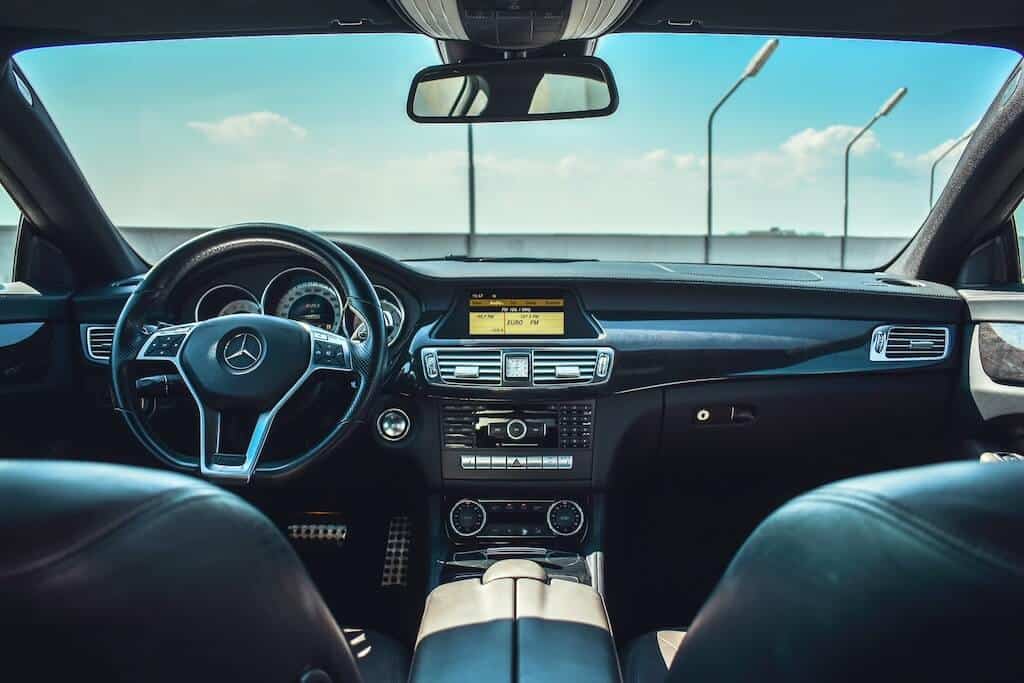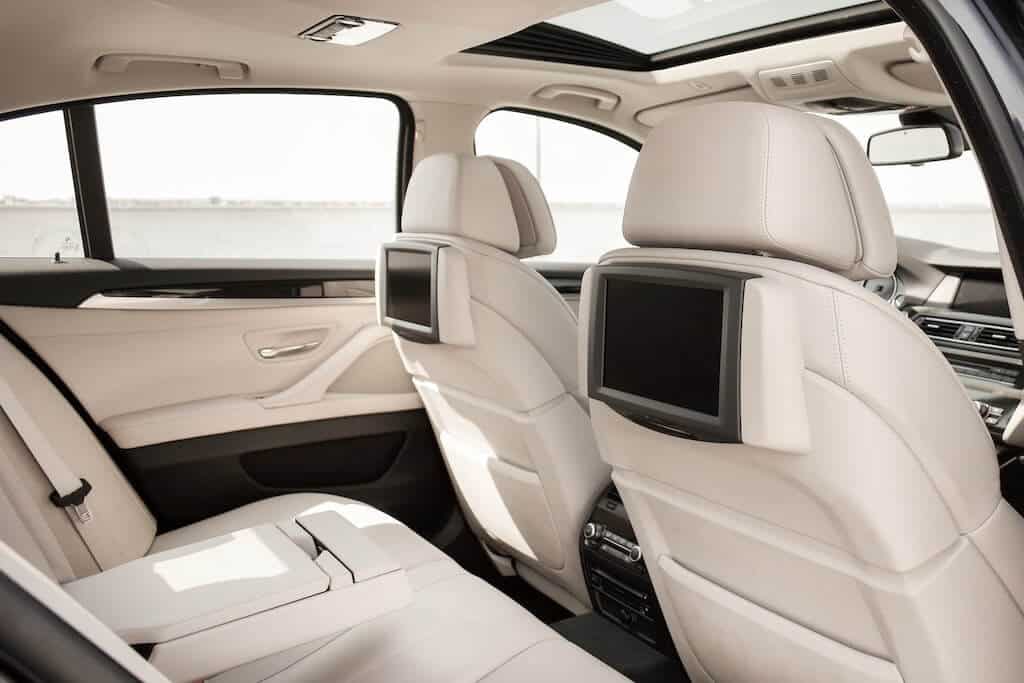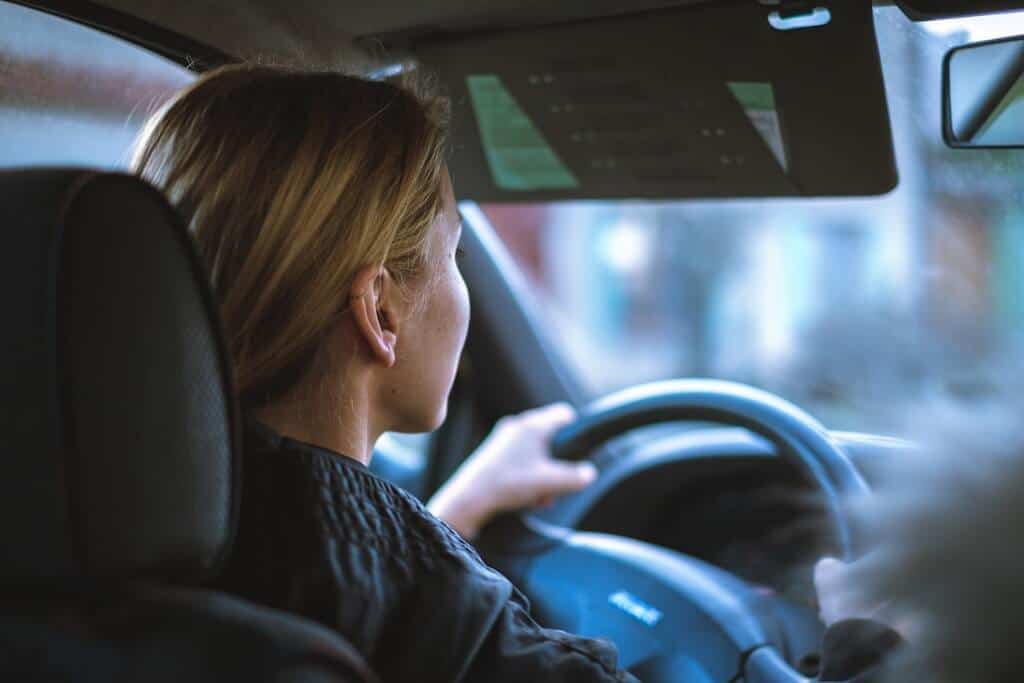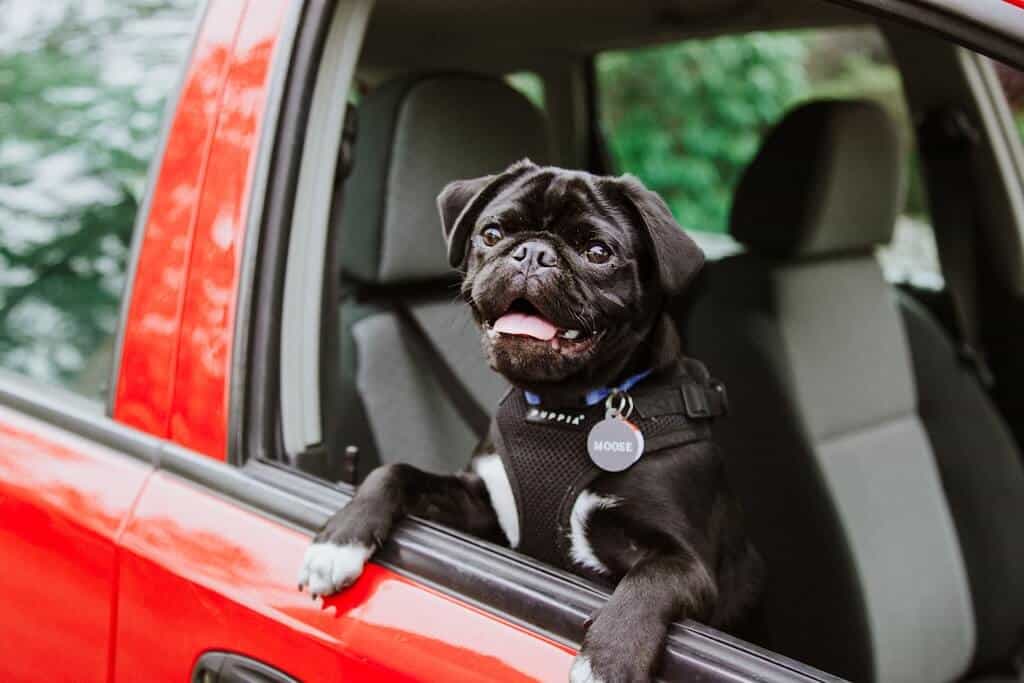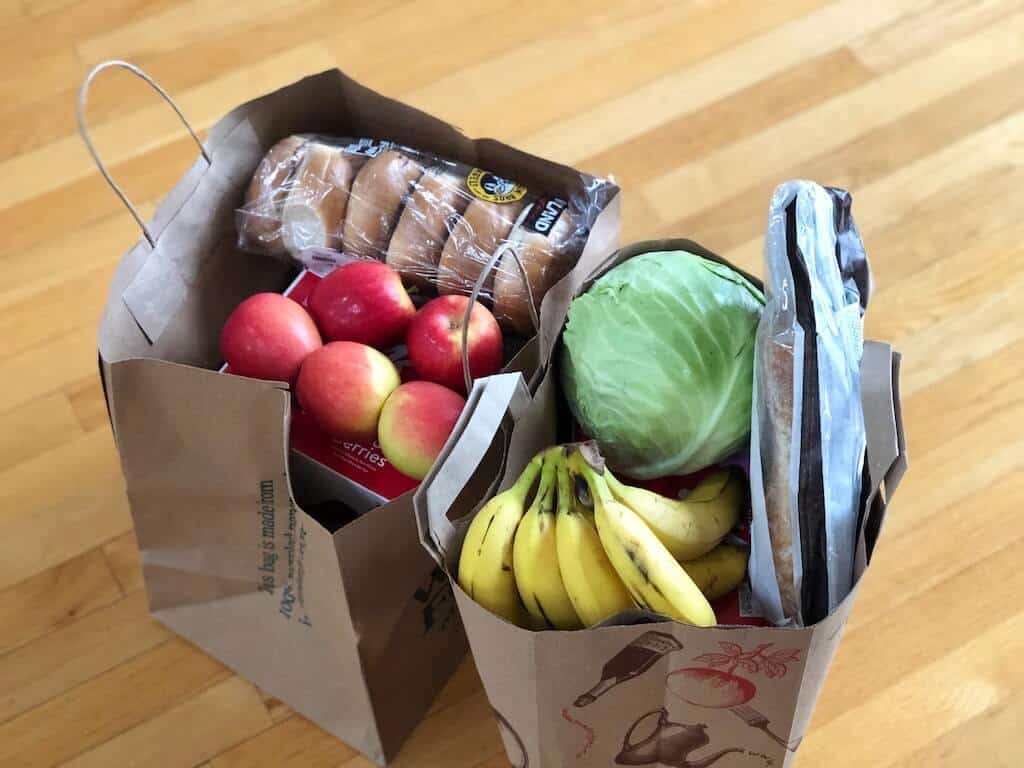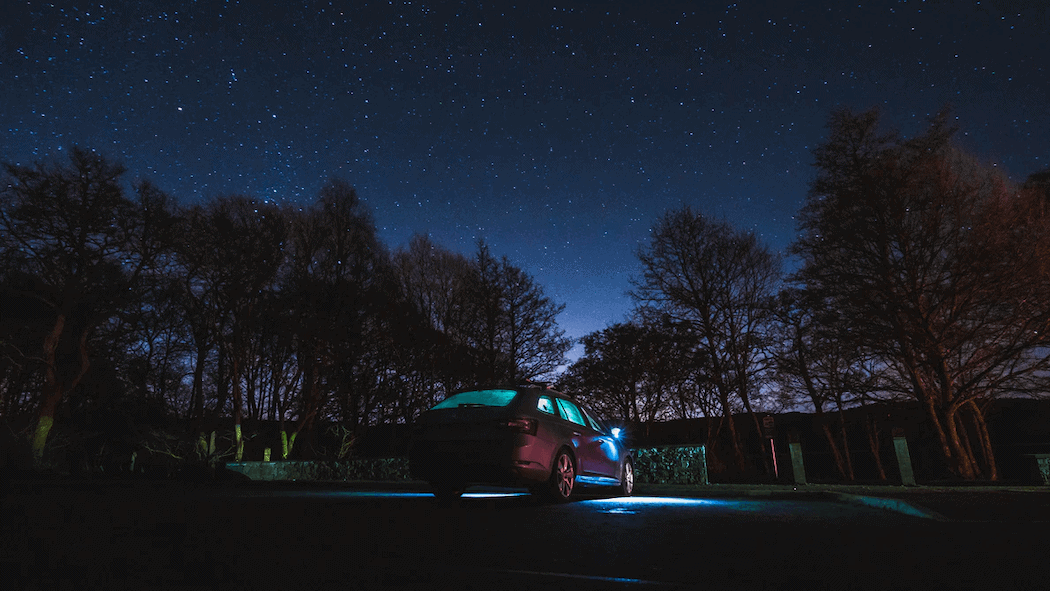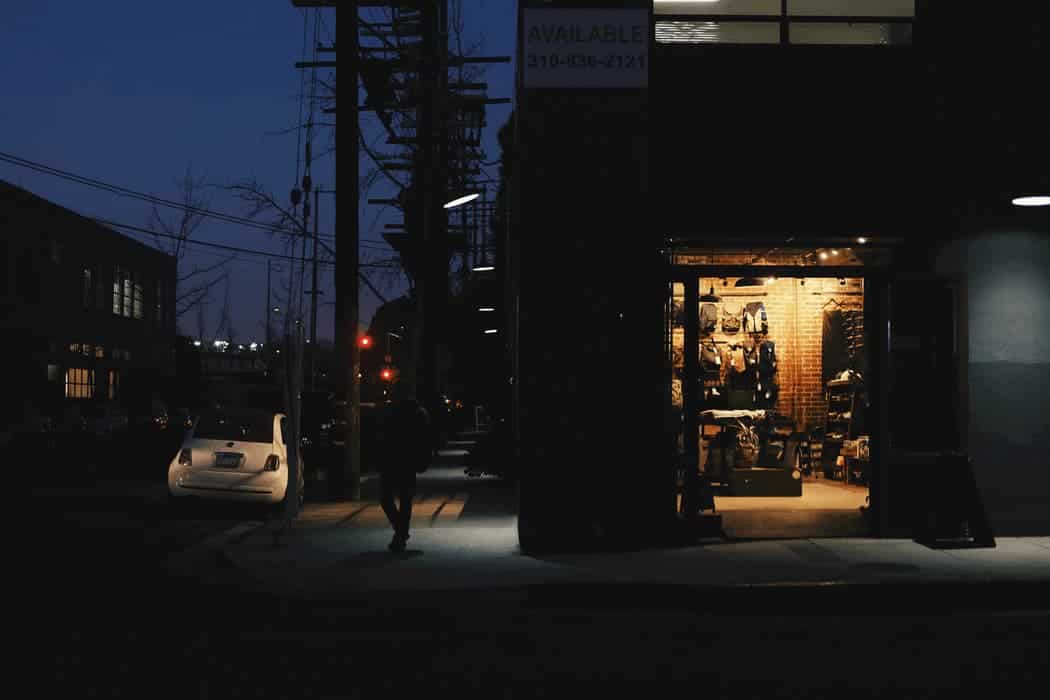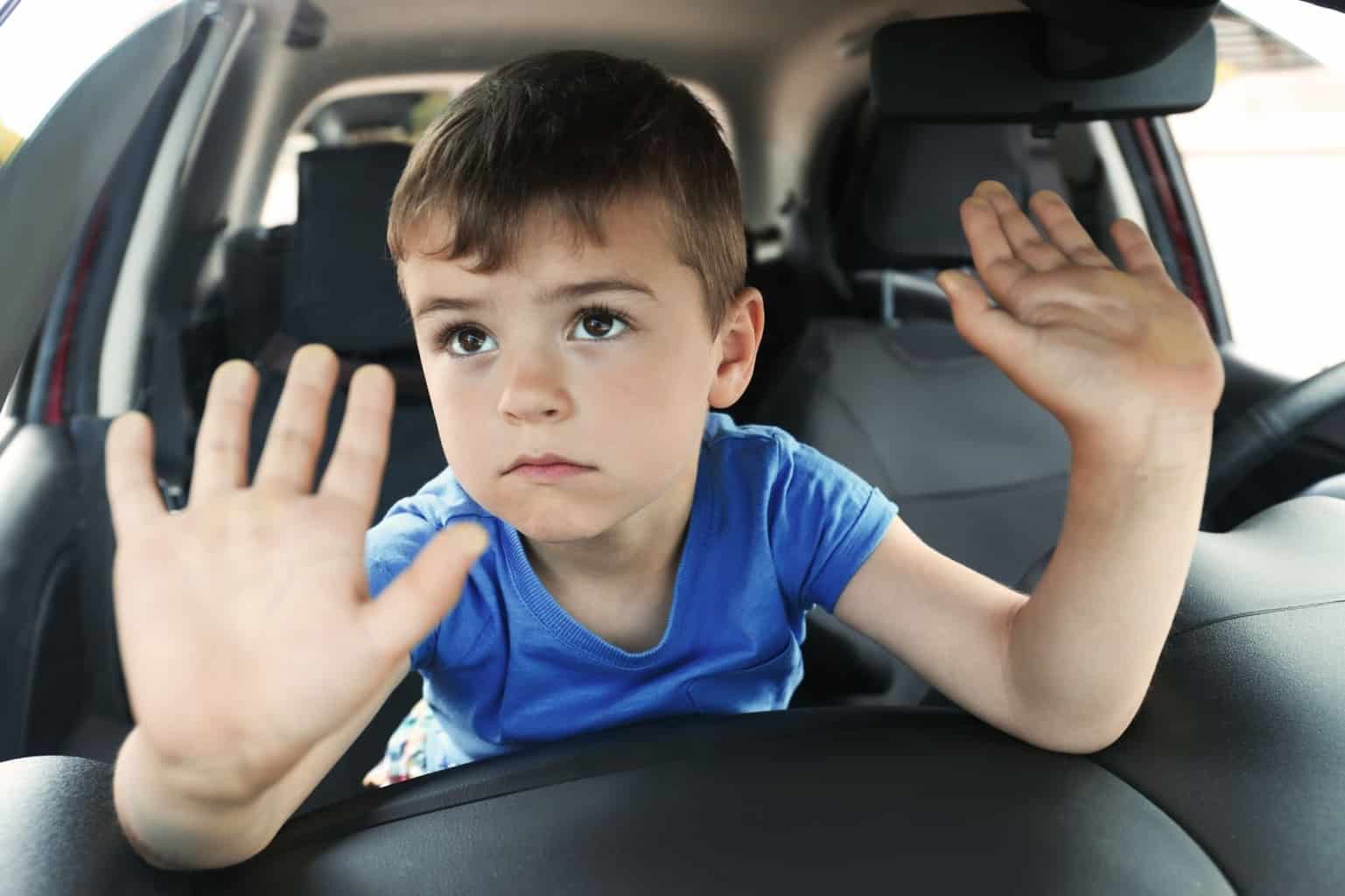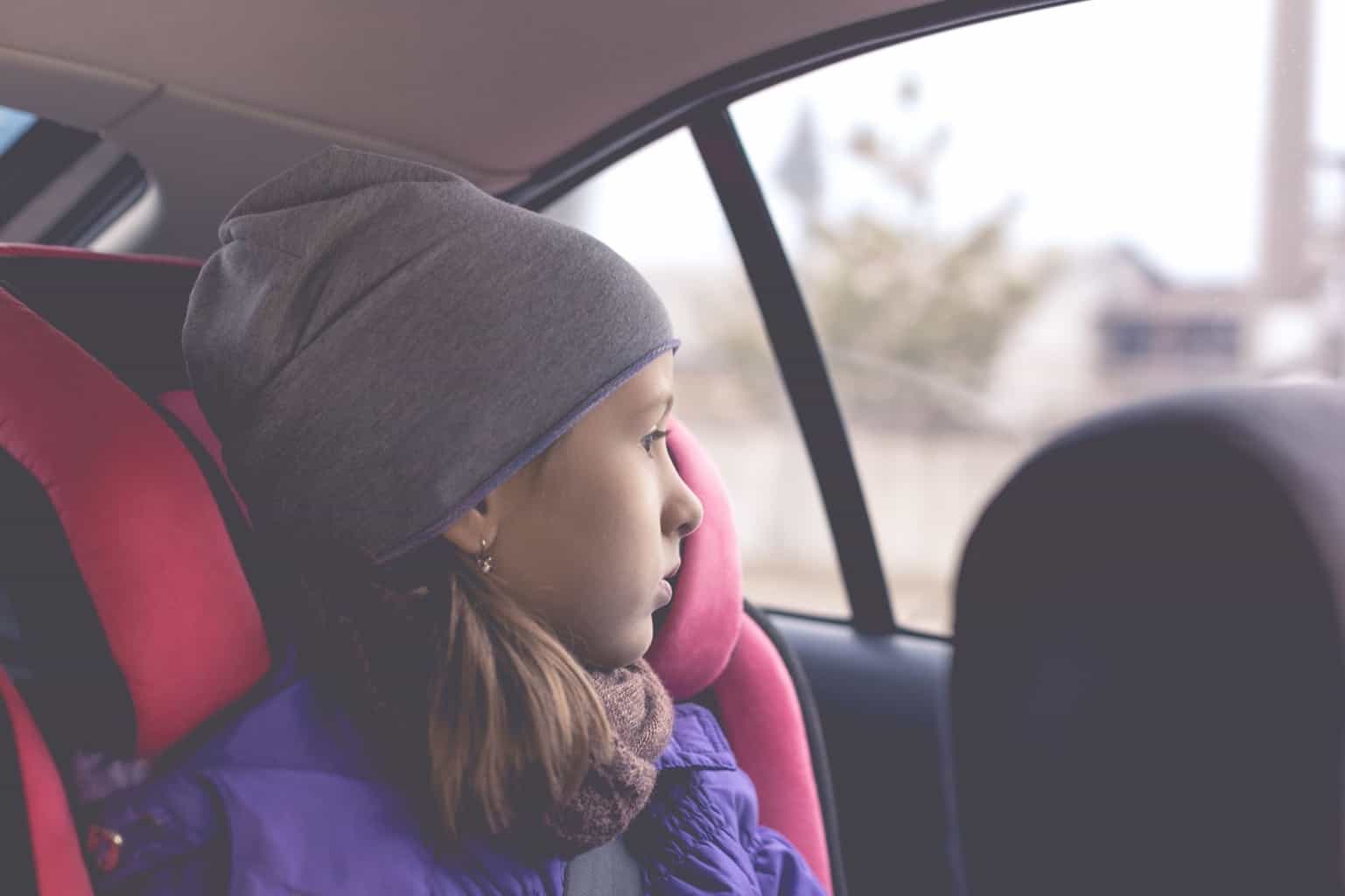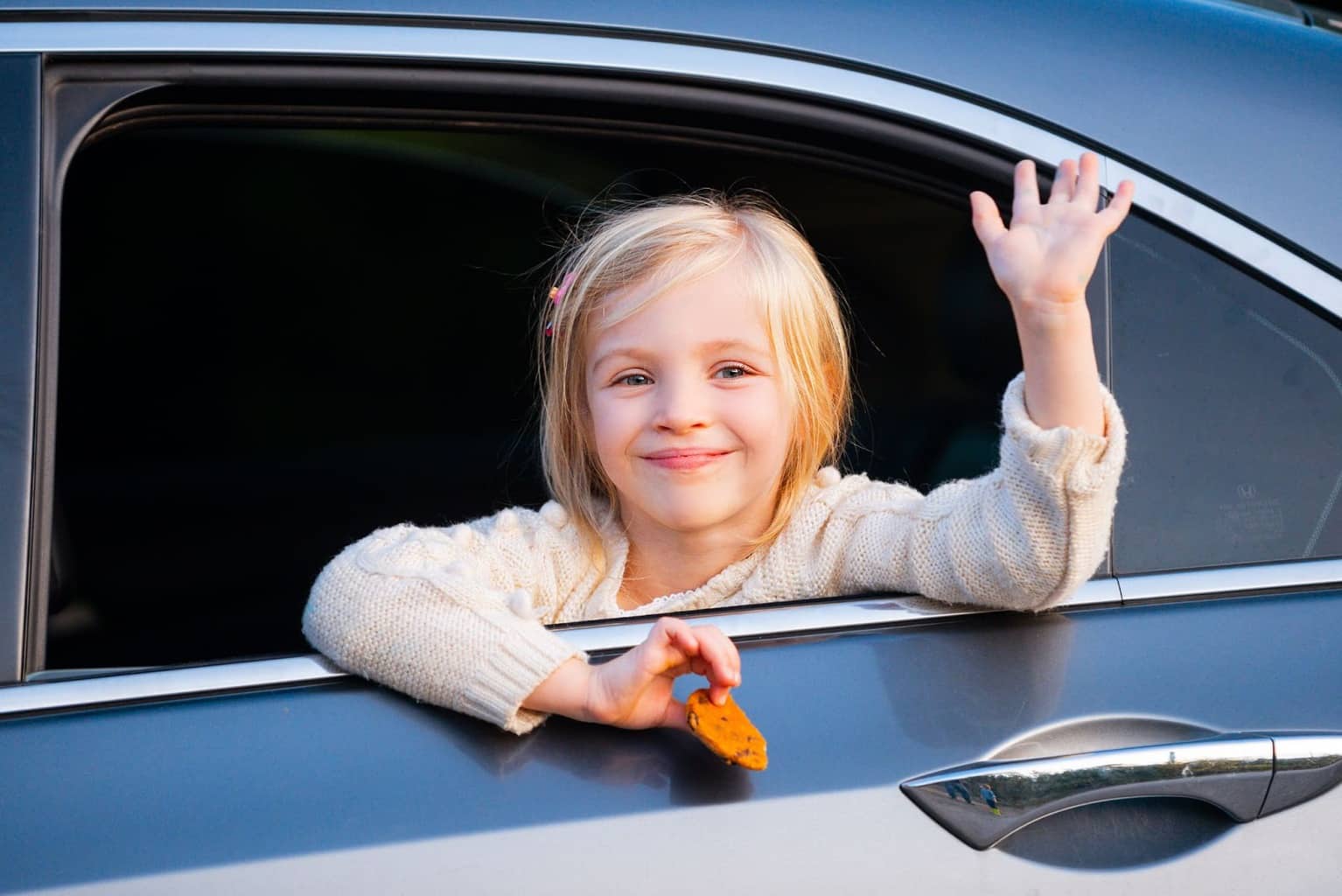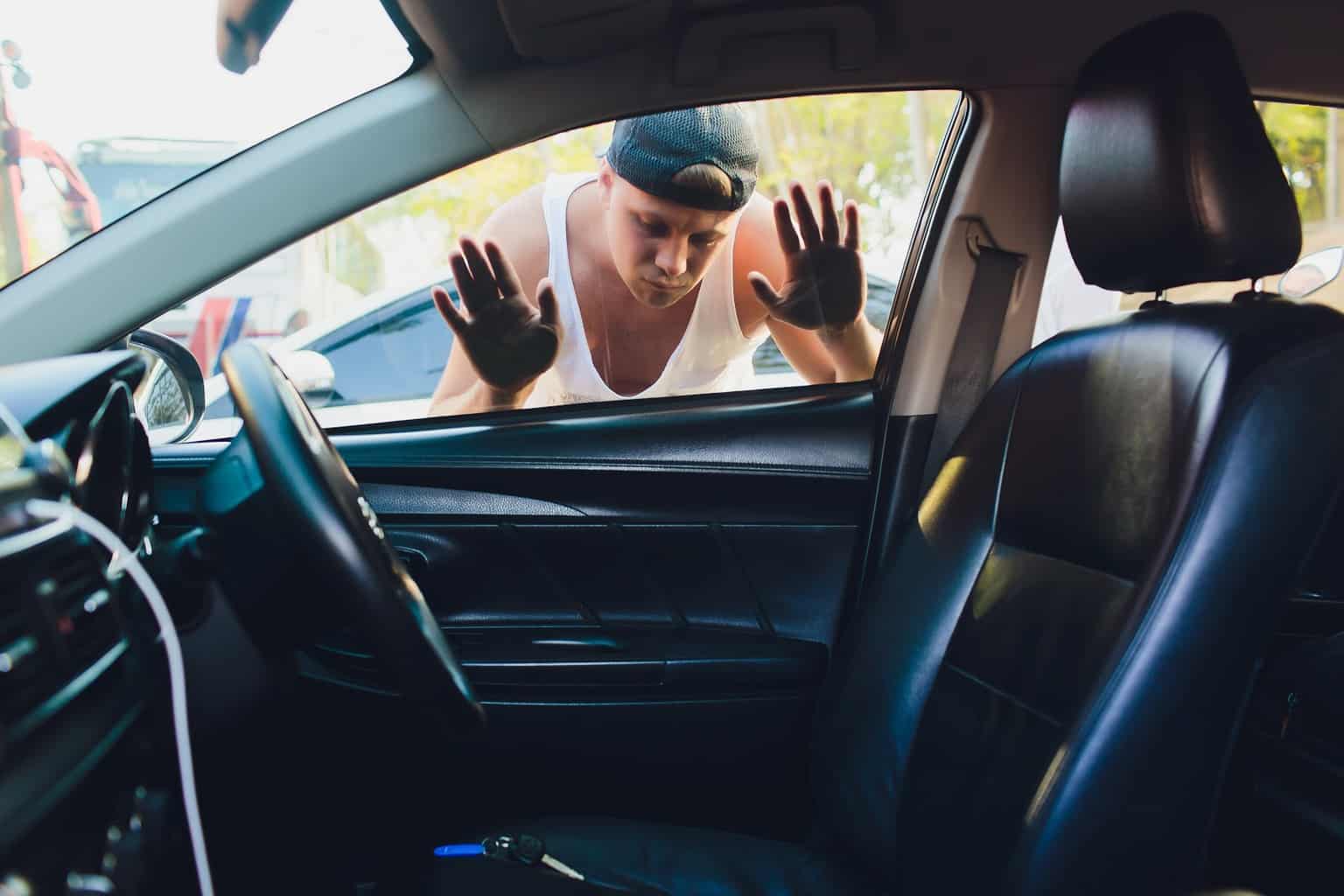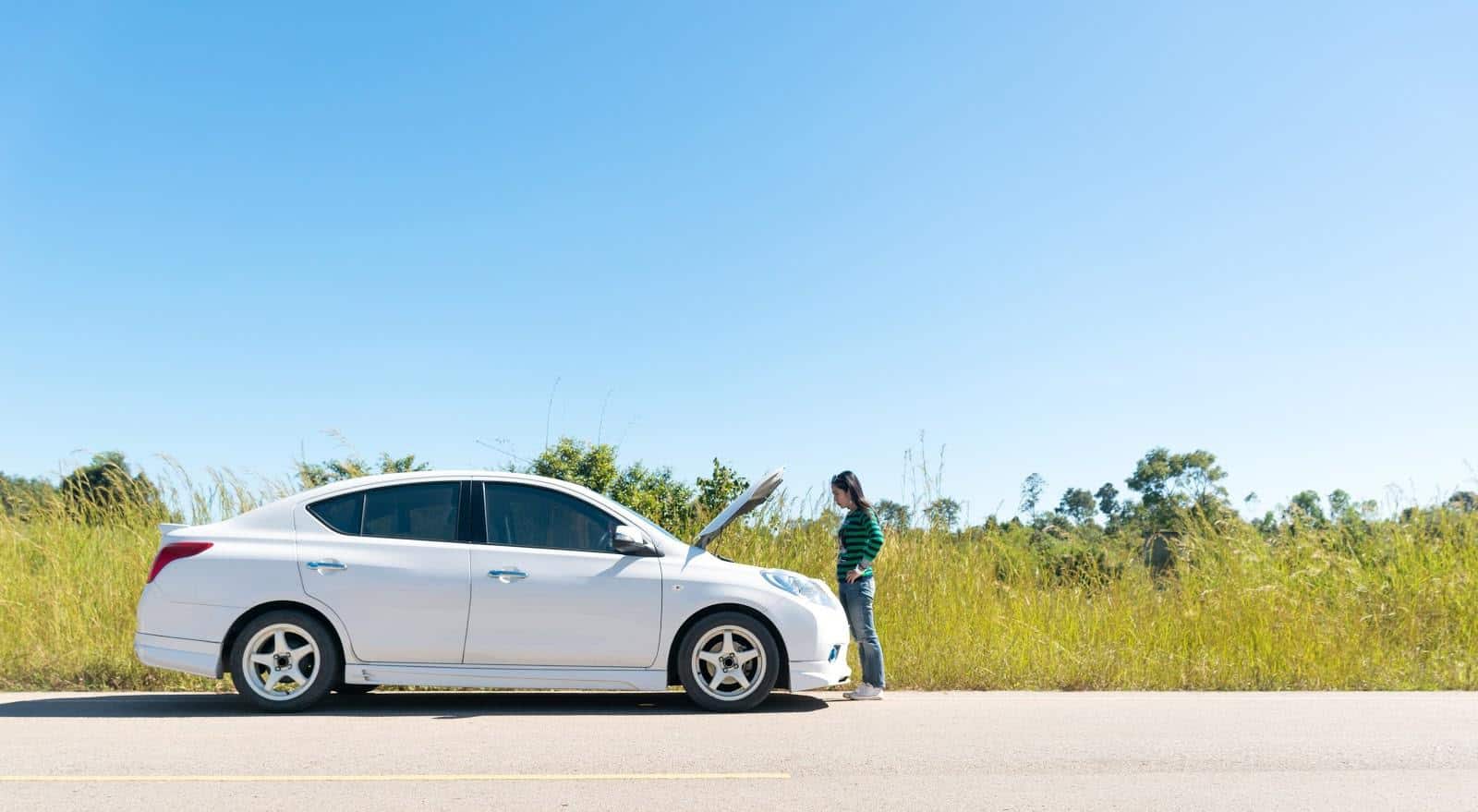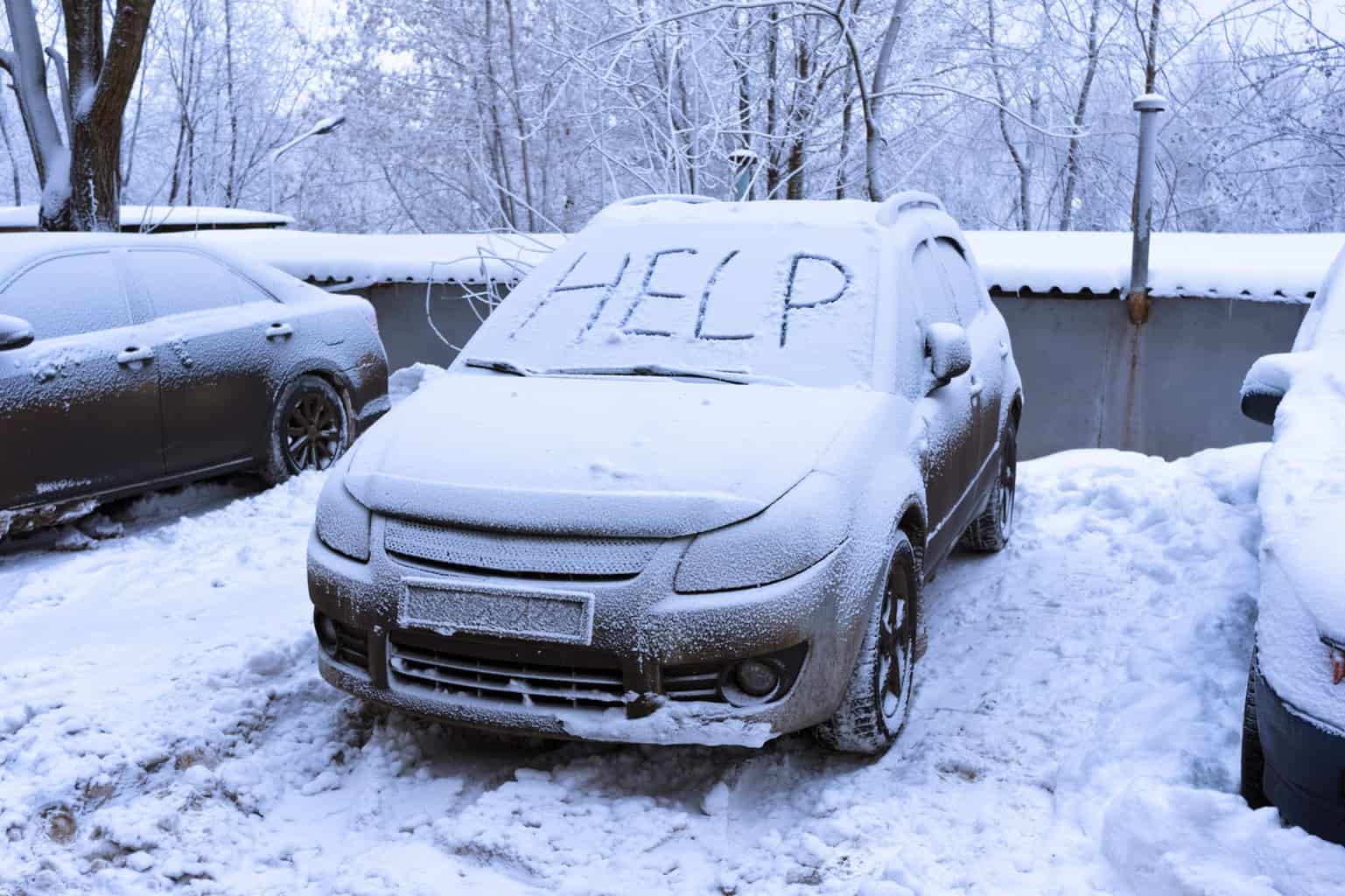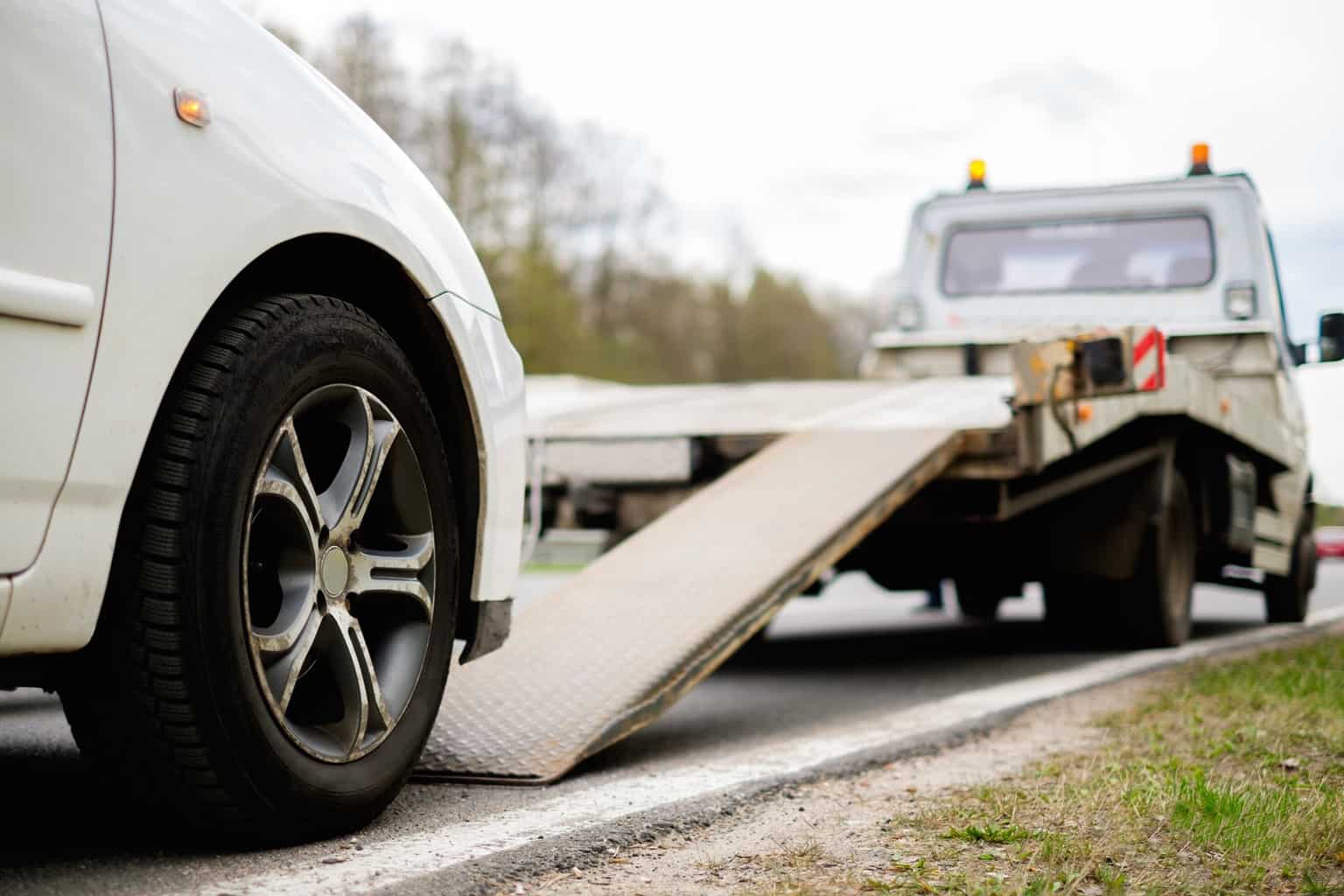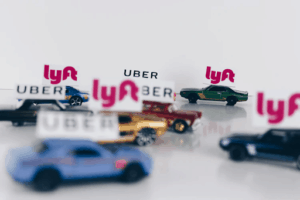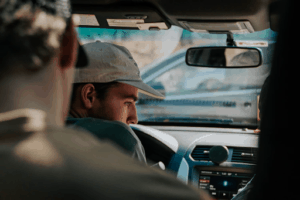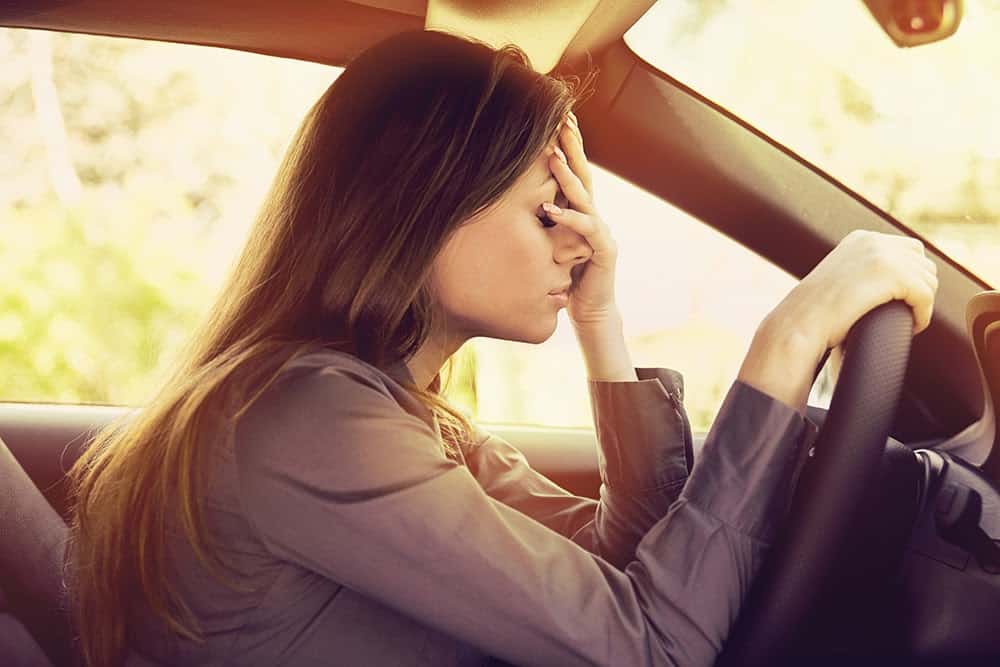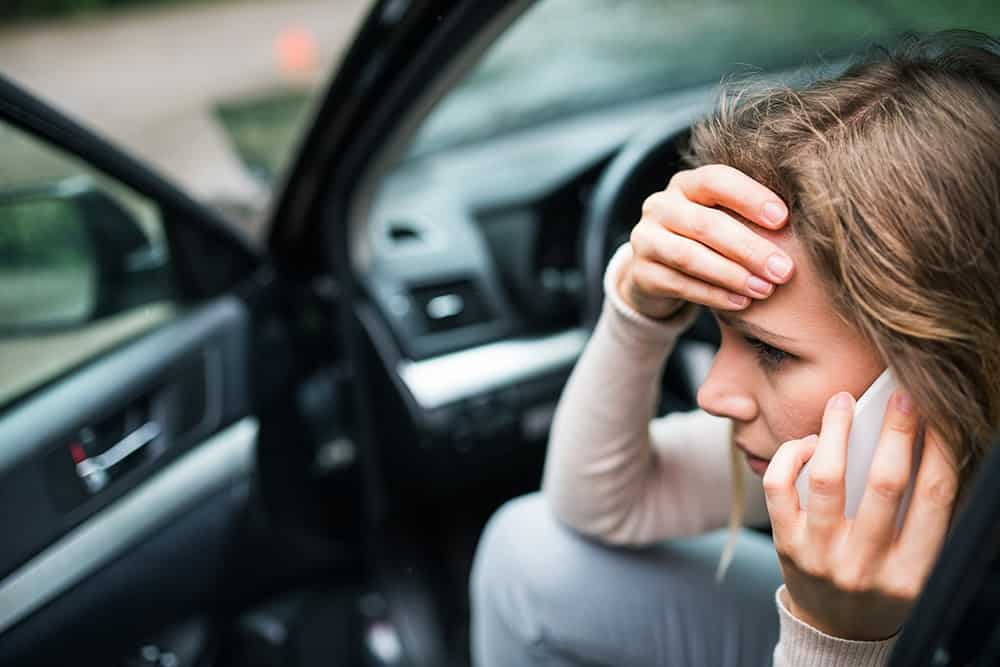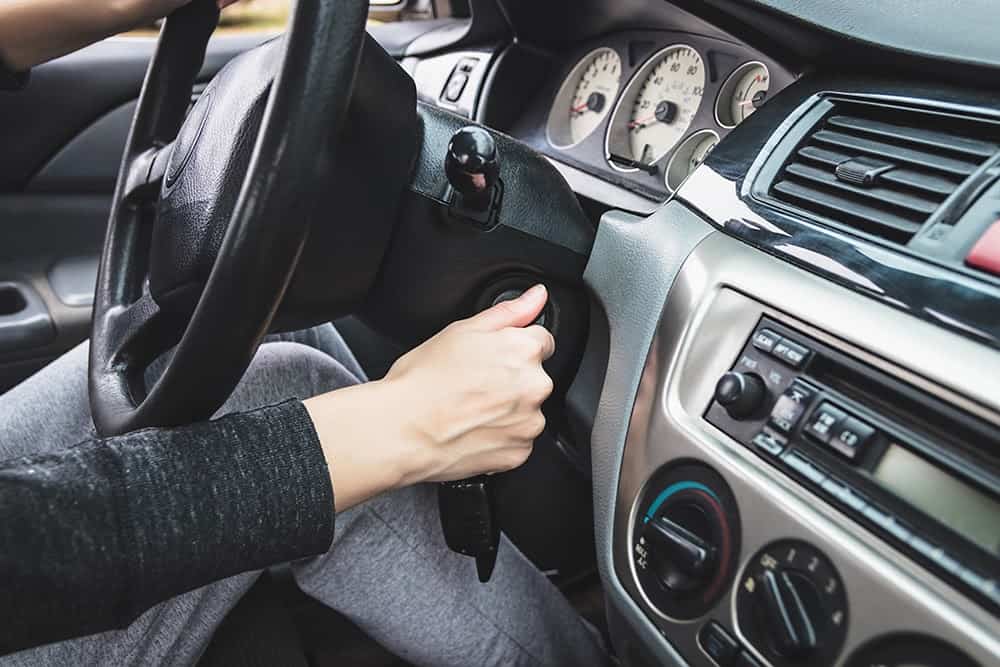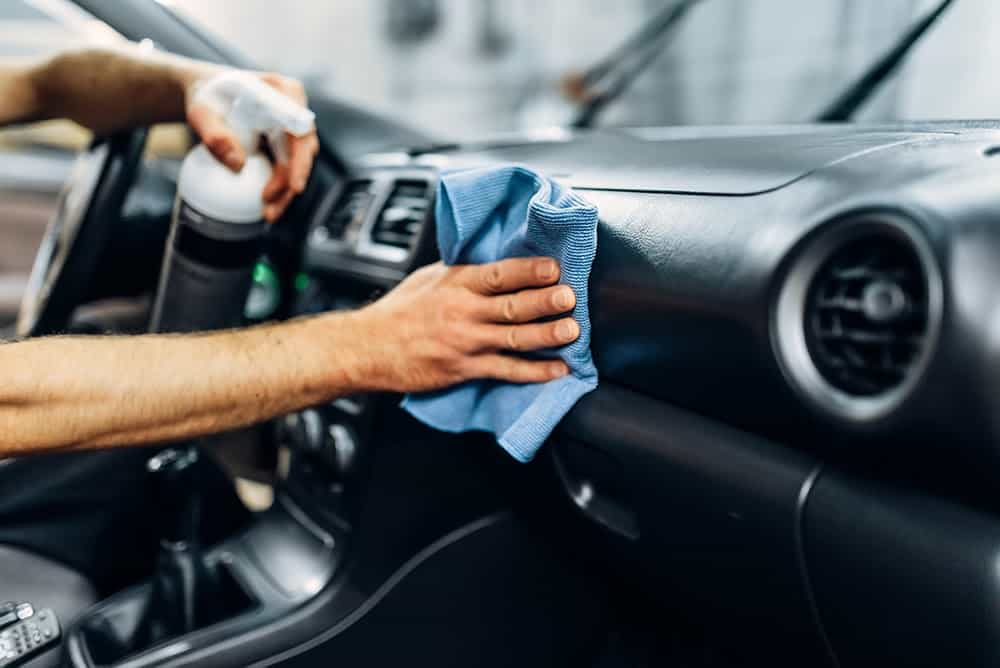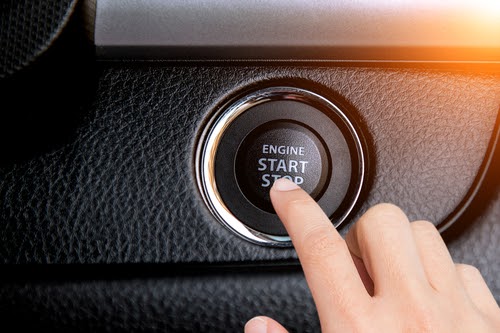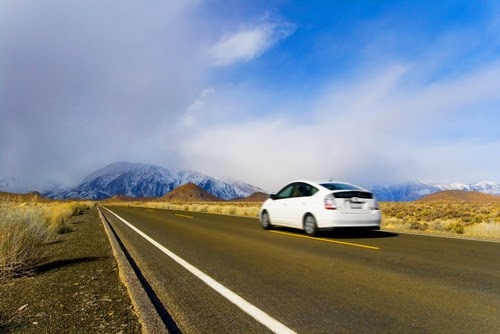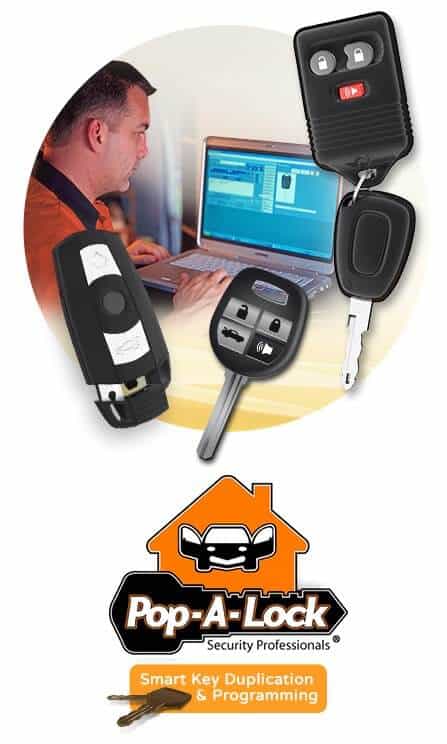By now, you know us as the people you call when you’re locked out of your car. While lockouts tend to be our most popular automotive locksmithing service, we have a lot more to offer, especially for commercial fleets. Lockouts are only one part of the equation – our other services included in our Preferred Partnership Program like rekeying, repairs, and installations are available to help keep you and your team on top of your game and your vehicles road-ready.
Lockout and rekeying services
Truth is, lockouts and lost keys are inevitable – we’re all human. But when you’ve got Pop-A-Lock on your side, these incidents seem like less of a major disaster and more like a minor disruption to your workday. If you ever find yourself locked out or searching for your keys, simply give us a call or schedule an appointment through our online Key-Commerce system and one of our professional locksmiths will come to you – saving you time, and money, and getting you and your team back on track.
Repairs
If the vehicles in your fleet have been around for a while, chances are they have endured some wear and tear. Locks that take too long to unlock or ignitions that feel loose or stuck can be easily resolved with a simple lock or ignition repair or replacement so you can operate your vehicles hassle-free, making your fleet more secure and keeping your staff safe.
Installations
You can only fix a broken thing so many times. Faulty ignitions and locks do not have to be hindrances, especially if the technology is dated or obsolete. As one of the nation’s largest and most trusted local locksmiths, we can easily install new mechanisms for your fleet’s locks and ignitions, updating them to the newest, most efficient technologies. Also, having professional locksmiths install your new locks and ignitions ensures the job is done right the first time, limiting the number of issues or hiccups down the line.
The bottom line
Overall, our Preferred Partnership Program was designed with you and your commercial fleet in mind. Our main priority is to be there for you when you need assistance and to be your first-choice support system for your company’s vehicles. If you’d like to learn more about the Preferred Partner Program, visit our website at popalock.com.
###
Pop-A-Lock was founded in 1991 by local law enforcement officers who recognized the need for a mobile, on-site locksmith in their area. Since then, Pop-A-lock has grown to become one of the nation’s largest and most trusted local locksmiths, providing peace of mind to over 8,500 communities. In addition to automotive services, Pop-A-Lock also offers at-the-door residential and commercial services. To learn more, visit popalock.com.

